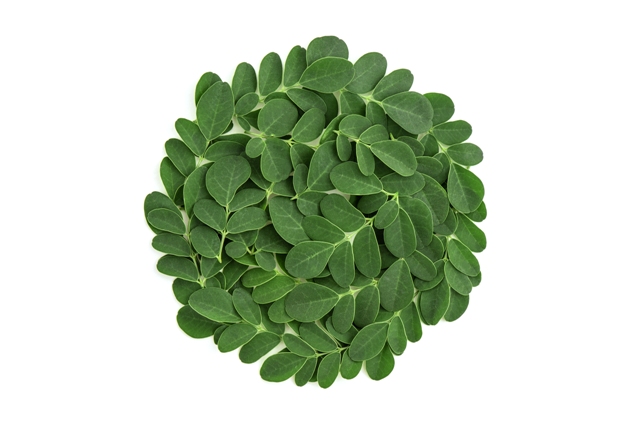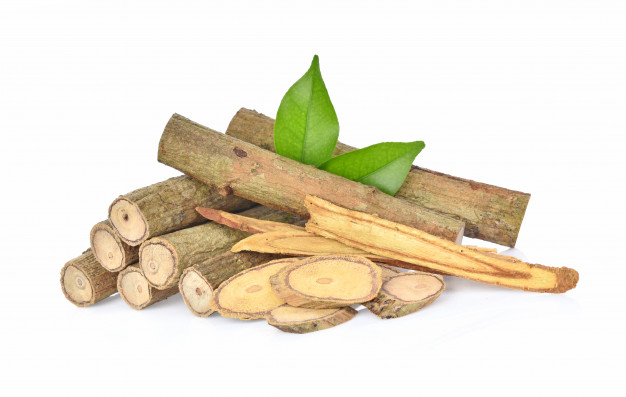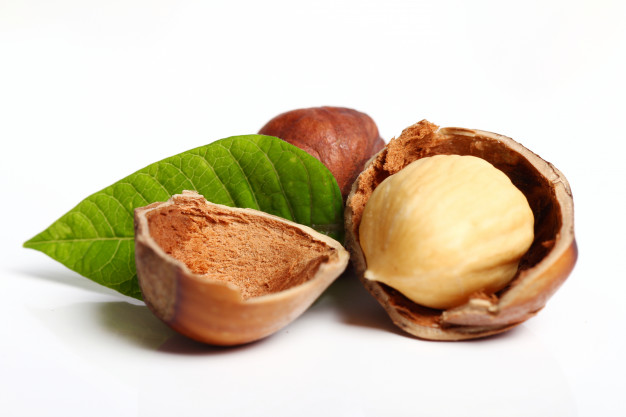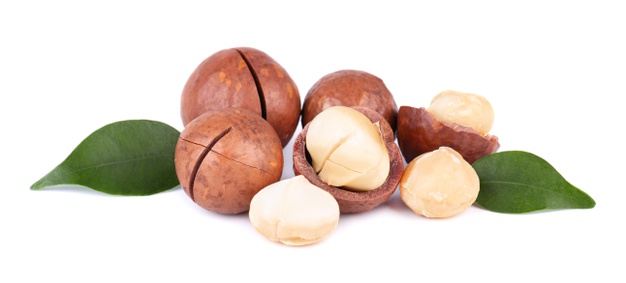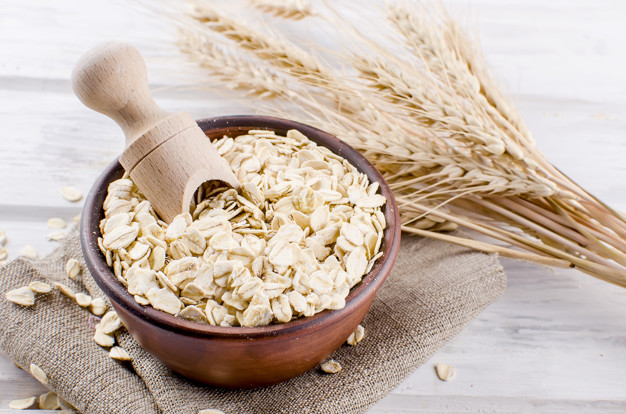Moringa oleifera is an important plant mainly grows in Northern India, Asia and Africa, offer numerous health benefits. Leaves of that plant are generally known as moringa leaves, which have been traditionally used for various medicinal purposes.
Nutritional profile
- It contains lesser amount of carbohydrates
- It contains fibre as well
- It contains significant amount of proteins and composed of various important amino acids
- It contains lesser amount of fat too
- It contains various important vitamins like Vitamin A, Vitamin C, Vitamin E and Vitamin B1, B2, B3, B6 and B9
- It is also loaded with several imperative trace elements, which include calcium, phosphorus, magnesium, potassium, iron and zinc
- It contain plytonutrients as well, that exert many nutraceutical activities
Biological activity
Antioxidant activity
- Vitamin C, beta-carotene, Quercetin and Chlorogenic acid are considered as the key components of moringa leaves that help in exerting antioxidant property
- Its antioxidant activity is responsible for protecting the body from free radical induced oxidative damages, which ultimately decreases the risk of developing chronic diseases in many folds
- It has seen that consumption of moringa leaves at least once a day significantly improves the antioxidant level in blood
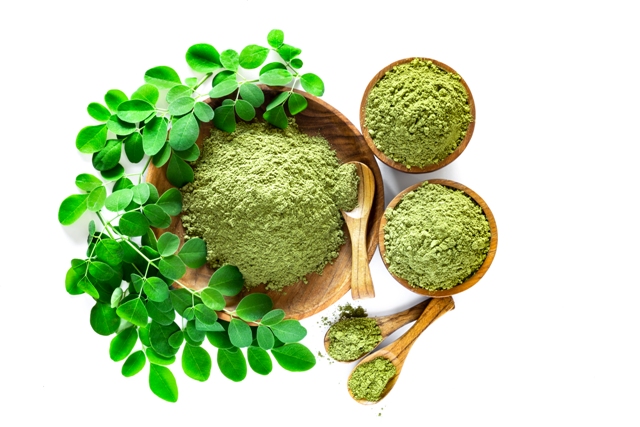

Anti-inflammatory activity
- Isothiocyanate is an important component present in moringa pods, leaves and seeds helps to exhibit potent anti-inflammatory activity
- We all know that inflammation is a natural mechanism of body against infections but if it continues for a prolong period of time then it will become a serious health issue as sustained inflammation is associated with increasing the susceptibility of cardiac disorders, joint swelling (arthritis), swelling of air way (asthma), digestive disorders (inflammatory bowel disease) etc
- It is better to include those foods in diet that have anti-inflammatory property in order to reduce the prevalence of sustained inflammation
- Moringa leaves are such food that have anti-inflammatory property so it can easily incorporated within the diet
Hypoglycemic activity
- It exerts hypoglycemic activity, which helps in reducing blood sugar level
- Isothiocyanates components of moringa leaves play vital role in stabilizing blood sugar level thus its consumption is thought to be very effective for reducing the susceptibility of developing hyperglycemia
Hypolipidemic activity
- It has been widely used as an imperative remedial action for hypercholesterolemia
- We know that high cholesterol level is considered as one of the leading causes of heart diseases and consumption of moringa leaves have shown significant improvement against high cholesterol level as a result it helps in reducing the susceptibility of developing cardio vascular diseases
- It has seen that consumption of moringa leaves help in decreasing the concentration of LDL, VLDL and triglyceride level
- It also helps to improve the ratio of HDL and LDL in body, which ultimately helps in improving the lipid profile

Detoxifying activity
- It acts as natural cleanser and plays vital role in detoxifying the body
- It is extremely effective for providing protection against arsenic toxicity
- Arsenic contamination of water and food is recognized as a very common health problem throughout the world and long term exposure to arsenic is responsible for increasing the susceptibility of developing various life threatening health hazards like cardio vascular diseases and cancers
Health benefits
Role on immunity
- It is loaded with immune boosting micronutrients as well as phytonutrients, which play vital role in strengthening the entire immune system of the body
- It helps in stimulating the synthesis of WBC, which helps to make the body able to fight against infections as a result reduces the prevalence of infectious diseases
- More over its consumption helps to support an active and healthy immune system
Role on skeletal system
- It contains adequate amount of calcium and phosphorus, which are essentially required by the body for healthy bone formation
- It helps in bone mineralization as a result it improves bone mass and bone mineral density
- It also helps in protecting bones from inflammatory damages and thus reduces the risk of developing bone disorders
- It is very effective for improving the symptoms of arthritis and osteoporosis
- It is associated with healing those bones, which are damaged or injured and also helps to keep the entire skeletal system strong

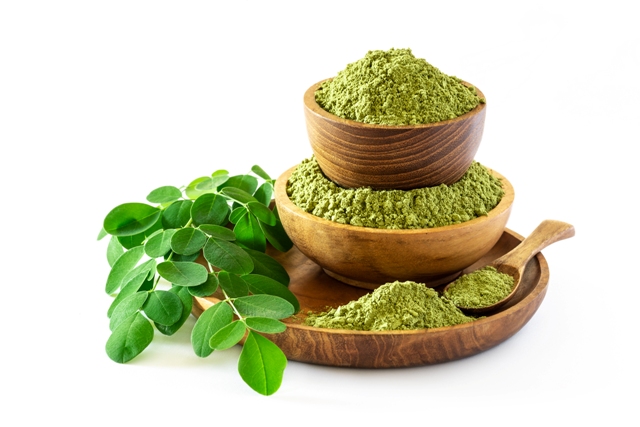
Role on digestive system
- Consumption of moringa leaves are extremely important for obtaining a healthy digestive system
- It contains significant amount of B vitamins that help in promoting digestion
- Its antimicrobial activity especially antibiotic property is responsible for reducing the prevalence of digestive disorders especially diarrhoea and food borne illness
- It significantly decreases the prevalence of ulcerative colitis, inflammatory bowel disease, constipation, gastritis, gas and bloating
Role on nervous system
- It acts as an important neuro-enhancers and promotes overall growth and development of nervous system
- Its Vitamins C as well as Vitamin E components play significant role in combating neural degeneration and also help in improving brain function
- It is related with stabilizing the production of neurotransmitters such as dopamine, serotonin and nor-adrenaline in body, which ultimately helps to balance the mood as well
- It helps to improve memory too

Role on hepatic health
- Individual who want to obtain a healthy hepatic health should try moringa leaves
- It not only promotes hepatic health and functionality but also helps to accelerate the repairing of hepatic cells
- Moringa leaves contain adequate amount of polyphenols that play vital role in protecting the liver from oxidative and inflammatory damages as a result decreases the prevalence of hepatic disorders
- It is also associated with increasing protein level within liver
- Moringa leaves are very effective for stabilizing liver enzymes hence supports the liver to function properly
Therapeutic uses
It has been extensively used for various therapeutic purposes, which include –
- It acts as an important therapeutic substance of cardiac health. Its lipid lowering activity helps in reducing the prevalence of atherosclerosis, a leading cause of coronary artery disease
- It is also associated with delaying the progression of cardio inflammatory events, which significantly reduces the prevalence of cardiovascular diseases
- It is very effective for preventing migraine or headaches
- It helps in weight reduction
- Its consumption is also related with providing a healthy supple skin. It helps to prevent fine lines, wrinkles and premature aging
- It helps in promoting hair growth and also helps in preventing dandruff
- It acts as an important antiseptic as well, which helps to fight off many microbial infections
- It helps in accelerating the healing process too. It is very effective to heal minor cuts, bruises and burn
- It helps to boost up the overall metabolism of the body
- Its Vitamin A content is very useful for promoting overall eye health and vision

General consideration of using Moringa leaves
- One can consume moringa leaves either in raw form or in juice form or in powdered form
- It can be consumed simply by stirring in water
- It can also consumed with tea
- It can be added to smoothie or shakes before consumption
- It can also be sprinkled into soup
- It can be used as salad topping as well
Risk factors
- Excessive consumption of moringa leaves may cause various digestive disorders
- Pregnant women should consult with health experts before using it as consumption of moringa leaves in excess amount during pregnancy may cause uterine contraction
- Individual who are on blood thinner medicines should avoid its consumption
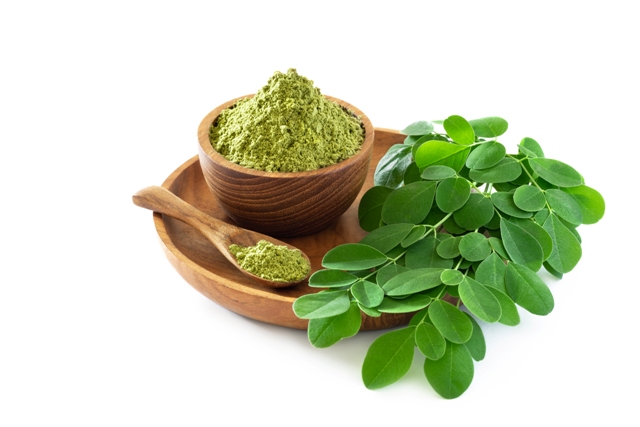
Source:
Abdull Razis, A.F., Ibrahim, M.D. and Kntayya, S.B., 2014. Health benefits of Moringa oleifera. Asian pacific journal of cancer prevention, 15(20), pp.8571-8576.
Chhikara, N., Kaur, A., Mann, S., Garg, M.K., Sofi, S.A. and Panghal, A., 2020. Bioactive compounds, associated health benefits and safety considerations of Moringa oleifera L.: an updated review. Nutrition & Food Science.
El Sohaimy, S.A., Hamad, G.M., Mohamed, S.E., Amar, M.H. and Al-Hindi, R.R., 2015. Biochemical and functional properties of Moringa oleifera leaves and their potential as a functional food. Global Advanced Research Journal of Agricultural Science, 4(4), pp.188-199.
Islam, Z., Islam, S.M., Hossen, F., Mahtab-ul-Islam, K., Hasan, M. and Karim, R., 2021. Moringa oleifera is a prominent source of nutrients with potential health benefits. International Journal of Food Science, 2021.
Mahmood, K.T., Mugal, T. and Haq, I.U., 2010. Moringa oleifera: a natural gift-A review. Journal of Pharmaceutical Sciences and Research, 2(11), p.775.
